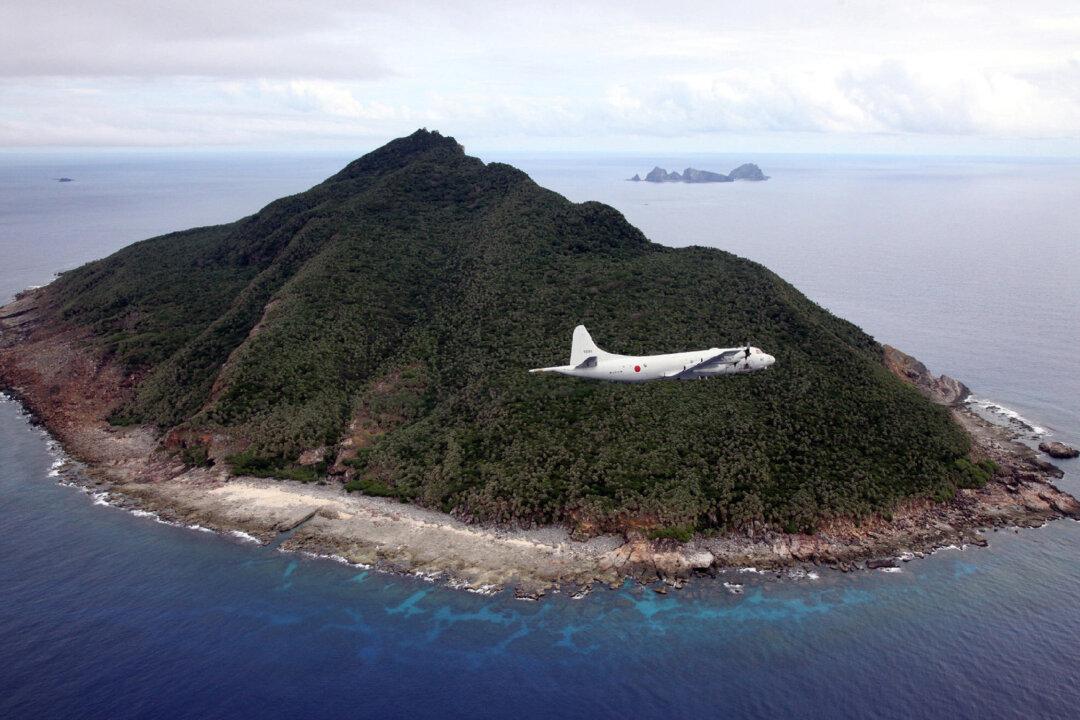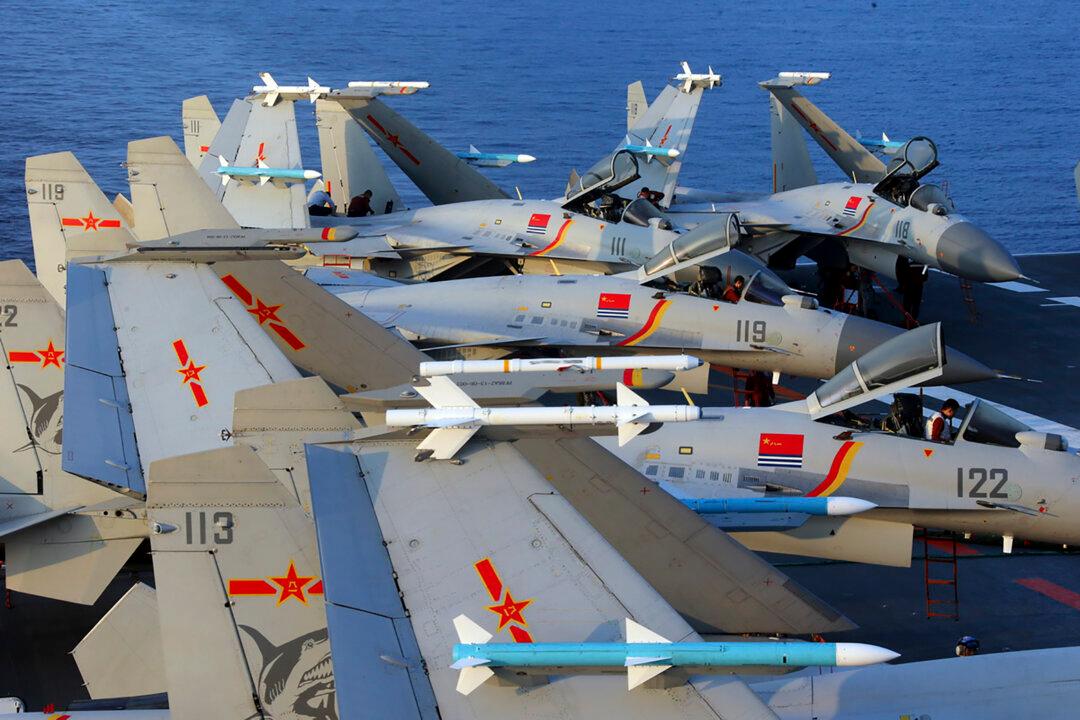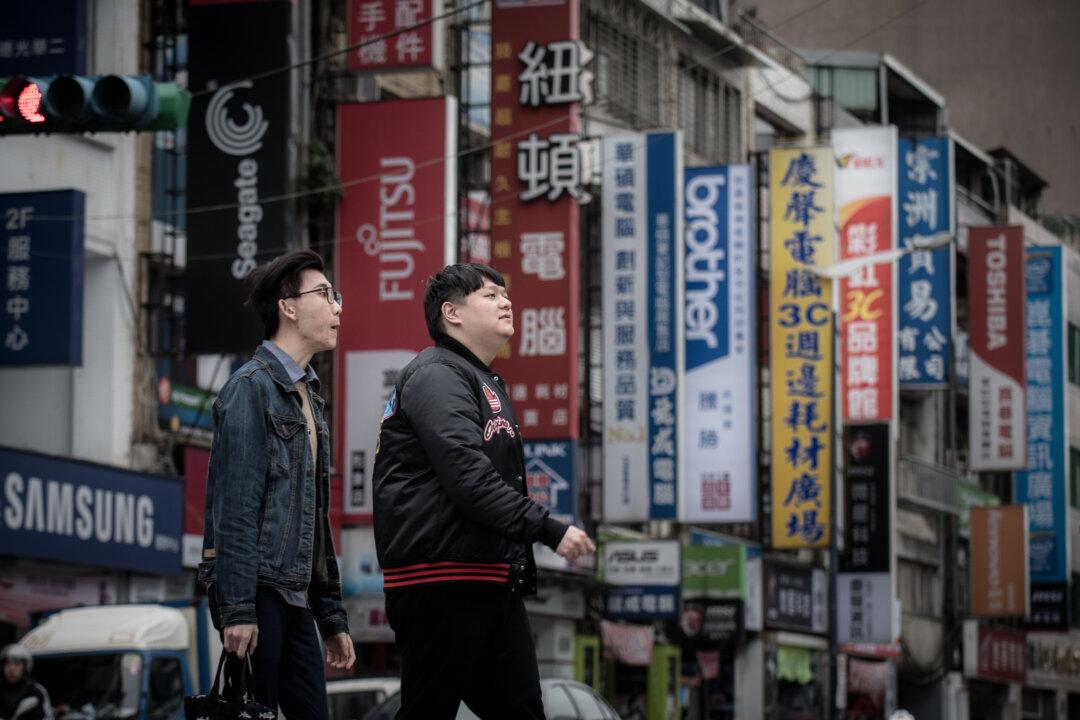A new report published by a U.S. think tank says that it is just “a matter of time” before the People’s Republic of China launches a limited yet decisive military invasion against the Senkaku Islands, the disputed islands in the East China Sea currently controlled by Japan.
Published by the Project 2049 Institute, the report’s title “White Warships and Little Blue Men” is a reference to the Chinese regime’s Coast Guard and Maritime Militia, both of which have seen a dramatic buildup in the past decade together with the rapid modernization and expansion of the People’s Liberation Army (PLA) Navy.




